For the animal lover, seeing an animal in captivity is no way to see an animal at all. So we’re lucky to live in a time where it’s increasingly easy to see wild animals in the wild, as they should be. Here’s 10 incredible places across the world where you can observe animals in their natural habitat.
This image contains content which some may find confronting
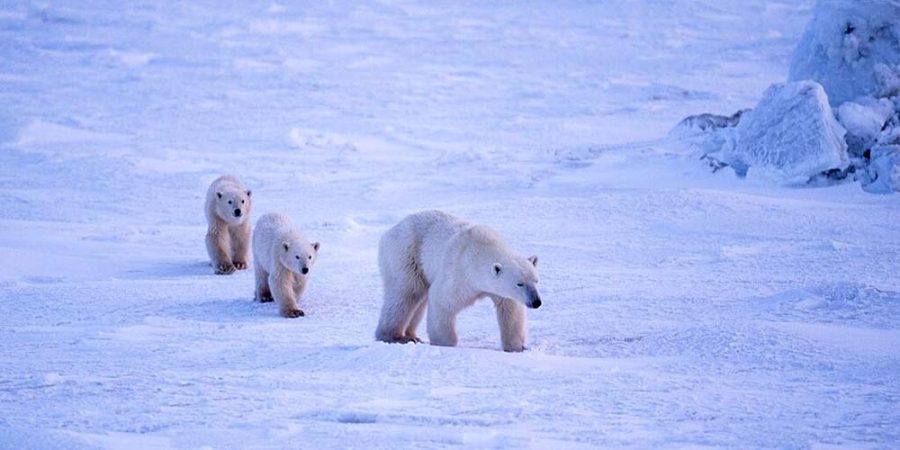
Churchill, Canada
Nicknamed the ‘polar bear capital of the world’ Churchill in Hudson Bay is one of the few places where polar bears can be seen in the wild. There are a variety of ‘Tundra’ adventures to choose from, which offer guided viewing of the bears. Churchill is also home to around 3,000 beluga whales during the summer months and a great place to view the Northern Lights.
This image contains content which some may find confronting
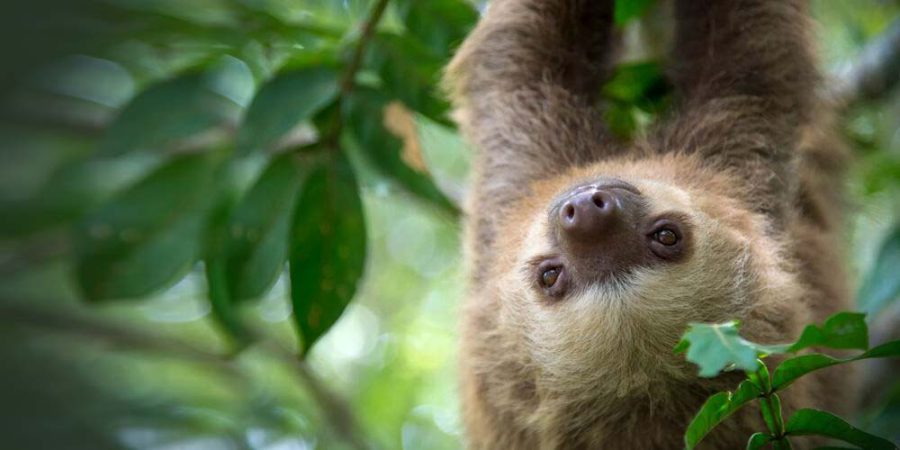
Costa Rica
Yep, the whole of Costa Rica! The jungles of Costa Rica are brimming with monkeys, sloths, crocodiles, lizards, frogs and birds. More than 27% of the country is nature conservation areas. You can also head to Tortuguero — a town with no cars and no streets — during September and October to watch hundreds of baby turtles hatch on the sandy beaches and make their way into the ocean. Or head to Costa Rican Sloth Sanctuary to see some rescued sloths.
This image contains content which some may find confronting
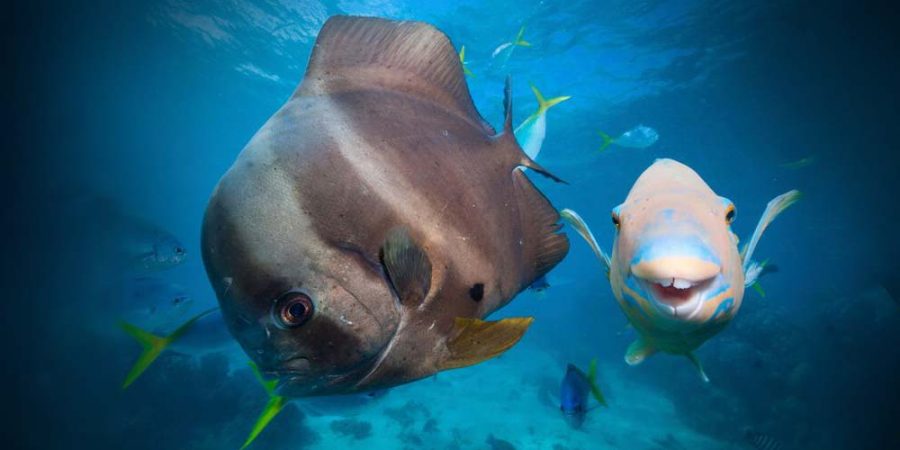
Great Barrier Reef, Australia
Apparently, the Great Barrier Reef is home to the happiest fish in the whole wide world. One of the seven wonders of the world and the most extensive reef system on Earth — the Great Barrier Reef is home to a an abundance of marine species including turtles, sharks, fish and coral.
This image contains content which some may find confronting
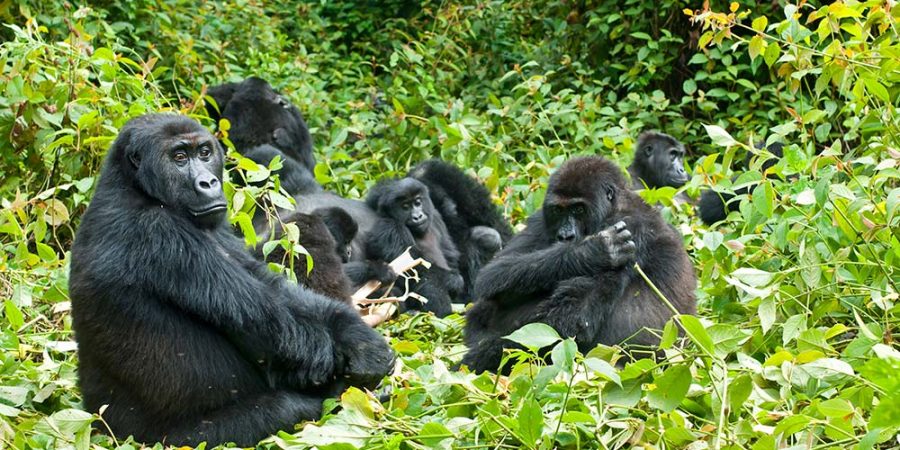
Volcanoes National Park, Rwanda
The mountains of Volcanoes National Park are a safe haven for the mountain gorilla, with 18 gorilla groups living in the protected forests. An incredible 300 of the estimated 850 mountain gorillas remaining in the world live here. Gorilla trekking permits are required, to limit the number of visitors out of respect for the gorillas.
This image contains content which some may find confronting
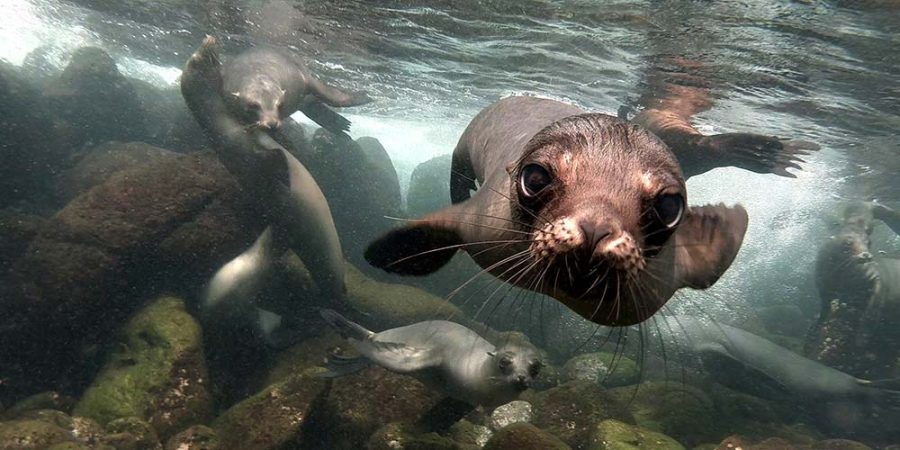
The Galapagos Islands, Ecuador
The inspiration for Darwin’s theory of evolution, the Galapagos Islands has amongst its residents species that are found nowhere else in the world. Isolated from the mainland, and devoid of predators, the Islands have become a tropical paradise. Giant tortoises, penguins, seals and the aptly named blue-footed boobies are just some of the incredible animals who live peacefully in this largely untouched paradise.
*This very delicate ecosystem can be impacted by tourism. Be sure to talk to your travel agent about respectful travelling.
This image contains content which some may find confronting
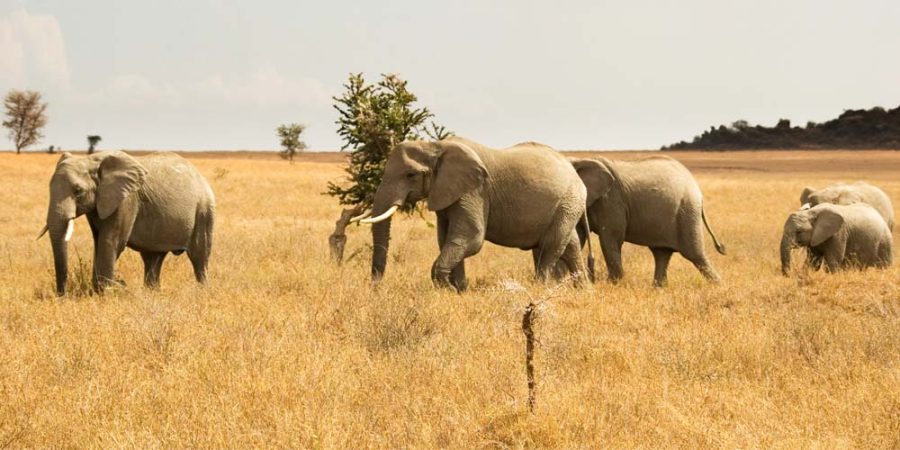
Serengeti National Park, Tanzania
The Serengeti is perhaps one of the best places to see large numbers of animals in their natural habitat. It’s well known for being able to spot the ‘big five’ — a term coined by hunters but largely reclaimed by tourists referring to lions, elephants, buffalos, leopards and rhinoceroses. The Serengeti also boasts one of the greatest migration systems in the world, with an estimated 2 million wildebeest, giraffes and zebras migrating together at different times of the year.
This image contains content which some may find confronting
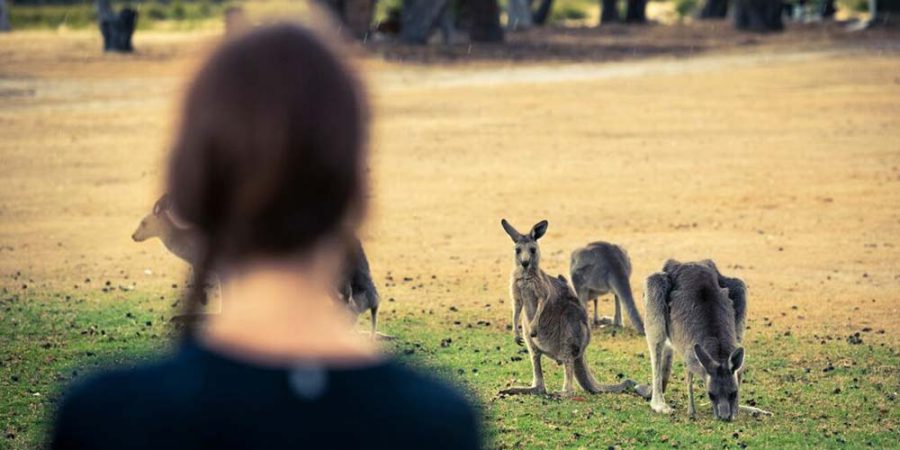
Kangaroo Island, South Australia
Australia’s national icon abounds in the native bushland on Kangaroo Island. Along with kangaroo and wallaby spotting, Kangaroo Island is home to Australian seals, penguins, koalas, echidnas and, at the right time of year, whales can be spotted off the island’s shores.
This image contains content which some may find confronting
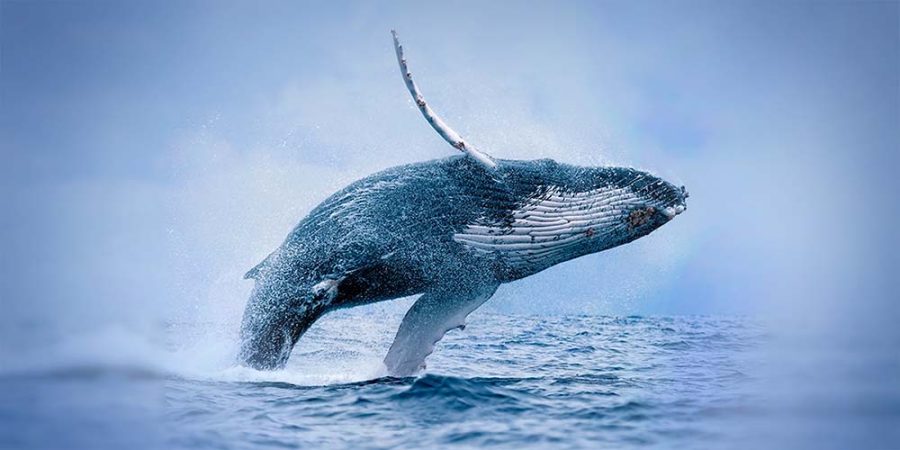
Kaikoura, New Zealand
The south island whale watching hotspot of Kaikoura is one of the only places in the world where you can see sperm whales all year round. Humpback whales and orcas also populate the area at certain times of the year and dolphins, seals and albatross can be spotted all year round.
This image contains content which some may find confronting
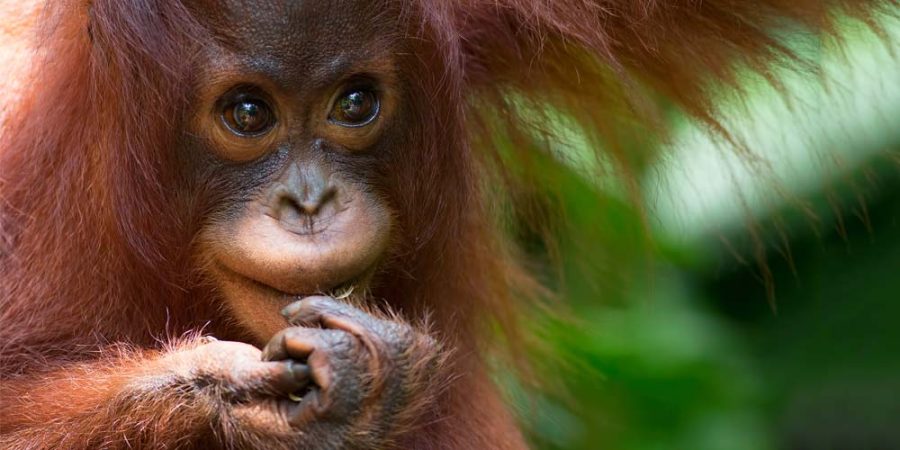
Borneo
Home to 10 different primate species as well as elephants, leopards, rhinos, reptiles, birds and more, the tropical rainforests are alive with colourful and varied wildlife. Borneo is one of only two places in the world where orangutans still survive. The orangutan’s greatest threat is habitat destruction for palm oil plantations. Fred Galdikas from Orangutan Conservation International believes that increasing tourism to the area is helping locals realise that orangutans are ‘Borneo’s treasure‘ and they need to be protected. Ask your travel agent how your trip can help contribute to the conservation and protection of this incredible species.
This image contains content which some may find confronting

Your couch
The simplest and most affordable way to see animals in their natural habitat — through your TV screen. Nature and wildlife documentaries can offer amazing insights into the lives of animals, often allowing you to get (virtually) closer than you ever would be able to in the wild. (And no animal has to spend their lives in captivity for the sake of entertainment.) The options for good animal documentaries are endless, but this essentials list is a good place to start.






